In a town called Nazareth in Galilee, a long time ago, Mary lived with her parents, Joachim and Ann. Mary was only a young girl, maybe 14 years old. She came from a quiet little area of the world, and just looking at them, you’d have to say nothing about her family was very special. She was engaged to be married to a man named Joseph, because that was when people got married in those days, but she wasn’t married or living with him yet.
She was busy doing her chores one day, when she was surprised by the appearance of an angel named Gabriel. As you can imagine, the appearing of an angel can be a little frightening, but Gabriel reassured her and told her that the Lord was with her. He told her not to be afraid, because God wanted her to be the mother of his Son Jesus. Jesus would become great and would rule over the kingdom of Israel forever. Mary was confused how she could have a baby, because she was not married, but the angel reassured her that all things are possible with God. She was amazed, but she had faith, and said to the angel, “Let it happen as you have said.”
Mary sang a hymn proclaiming how great God was, and went in haste to visit her cousin Elizabeth, who was also going to have a baby, even though she was very old. When she got there, the baby in Elizabeth’s womb leapt for joy, and Elizabeth said, “Hail Mary, full of grace, the Lord is with you!” Mary helped Elizabeth for three months and returned home.
When Joseph heard that Mary was pregnant, he was confused and upset. He was going to break off the engagement, but he had a visit from the angel too. He came to be with her and took her into the city of David for the census (a time that the king wanted to count everyone in his kingdom).
They had a terrible time finding a place to stay during the journey, since so many people were traveling to take part in the census. Eventually, it became urgent: on the way, Mary gave birth to her baby, and had Jesus in a manger where the animals stayed. Many people came to visit Mary and Joseph and Jesus, and gave the baby gifts and said wonderful things about him, things Mary would never forget. She kept all of this very close to her in her heart.
Mary and Joseph raised Jesus and watched him become a strong, healthy, and smart young man. One time, when the family went to Jerusalem for a visit to the holy temple, Mary and Joseph lost track of Jesus. They were on the way home when they discovered Jesus wasn’t with them or any of their friends or family. They were so upset and frightened! Returning to Jerusalem, Mary and Joseph found Jesus in the temple, talking about their faith, with all of the rabbis and teachers. He was only twelve years old!
Eventually Joseph died, and Mary stayed near Jesus. She watched him start his ministry, the whole reason God had sent him to earth in the first place. He called his disciples and taught all the people. He cured the sick and fed many hungry people. He worked many miracles and always talked about how good God was, and how much God loved people, and how they should all turn back to God and turn away from the bad things they had been doing. Mary watched as he did all these wonderful things, and she saw how faithful he was to God’s work.
But Mary also began to see that Jesus wasn’t making everybody happy. She saw that when he cured people on the Sabbath day, the day of rest, the leaders of the temple became angry. She saw that when Jesus told them to take care of the poor and the hungry and the homeless instead of worrying about what day it was, the religious leaders wanted to kill him. Mary watched as eventually they did take hold of Jesus, carried him off for a trial before Pilate the governor, and nailed him to the cross.
At the foot of the cross, Mary stood sorrowful, knowing what a wonderful gift she and the whole world had been given in Jesus. But Jesus took care of Mary even then, and entrusted her to the care of his friend John. After Jesus died on the cross, Mary along with some of the other women in the group were the first ones to see that Jesus rose from the dead! Mary stayed with the other disciples and prayed with them that the whole world would come to know the message of Jesus. Her sorrow turned to joy as she watched the community grow and live the things Jesus had taught them.
Those disciples were the ones who passed the faith on to us. Because of the courage of the disciples and especially of Mary, we today can believe in Jesus and receive the gift of everlasting life from him. Because of the faith of Mary, we can live forever with God and never have to be afraid of death or be mastered by sin. All of this happened because Mary said, “I am the handmaid of the Lord, let it be done to me according to your word.”
It is good for us to hear Mary’s story, because she lived her life following Jesus. We’re supposed to do that too. Mary got to see Jesus face-to-face, even hold him in her arms. We might not be able to do that, but Jesus is close to all of us as long as we let him in. Just like they made a place for Jesus to be born in a manger, we need to make a manger for Jesus in our own hearts so that he can be born in us and always be with us.
It’s very important that we all hear that just as God sent an angel to Mary, he sends angels to us all the time. Those angels tell us, too, that we should not be afraid because God loves us and cares for us and wants to do great things with us, just like he did with Mary. All he needs for us to do is to say, “Let it be done to me according to your word.”


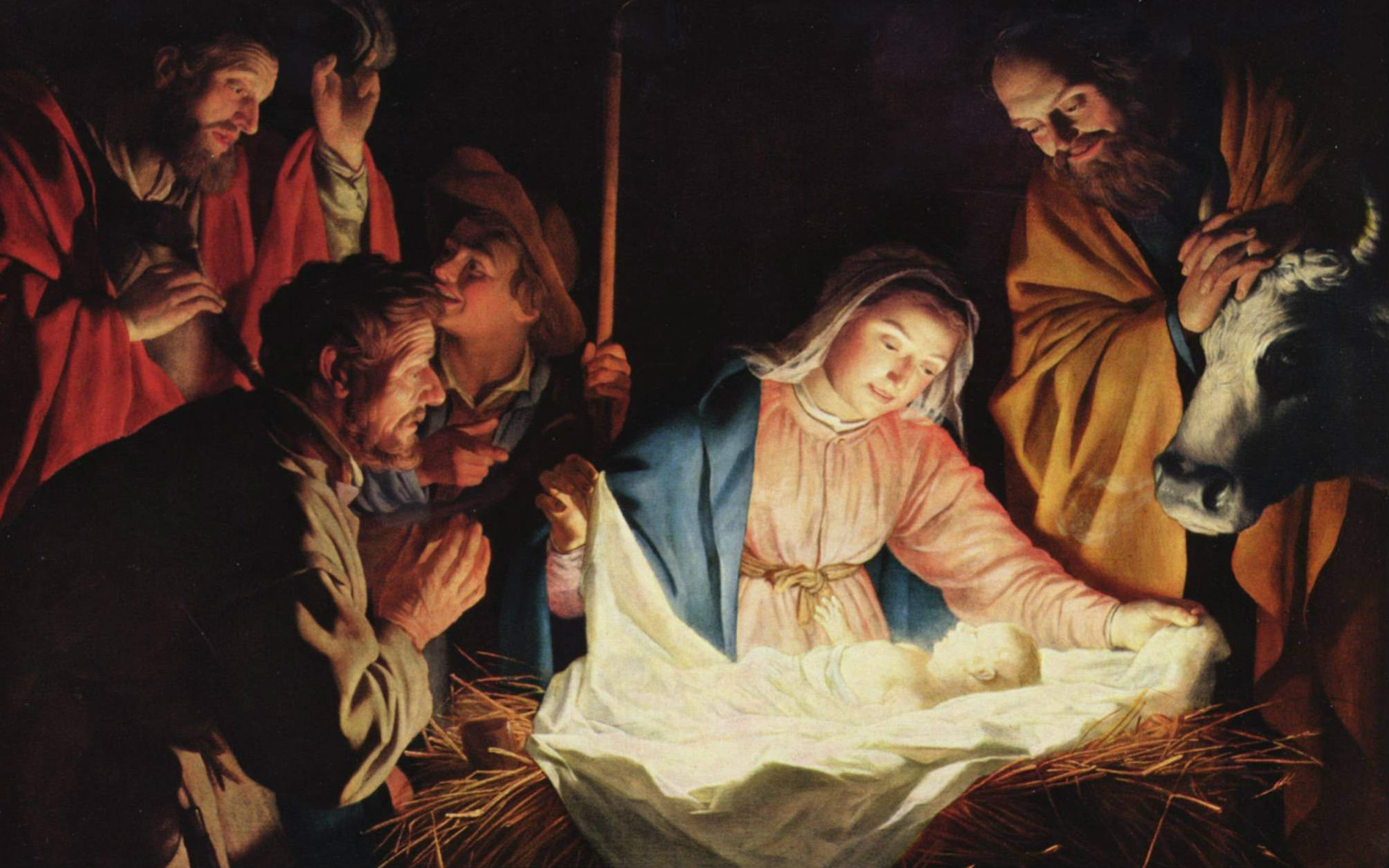
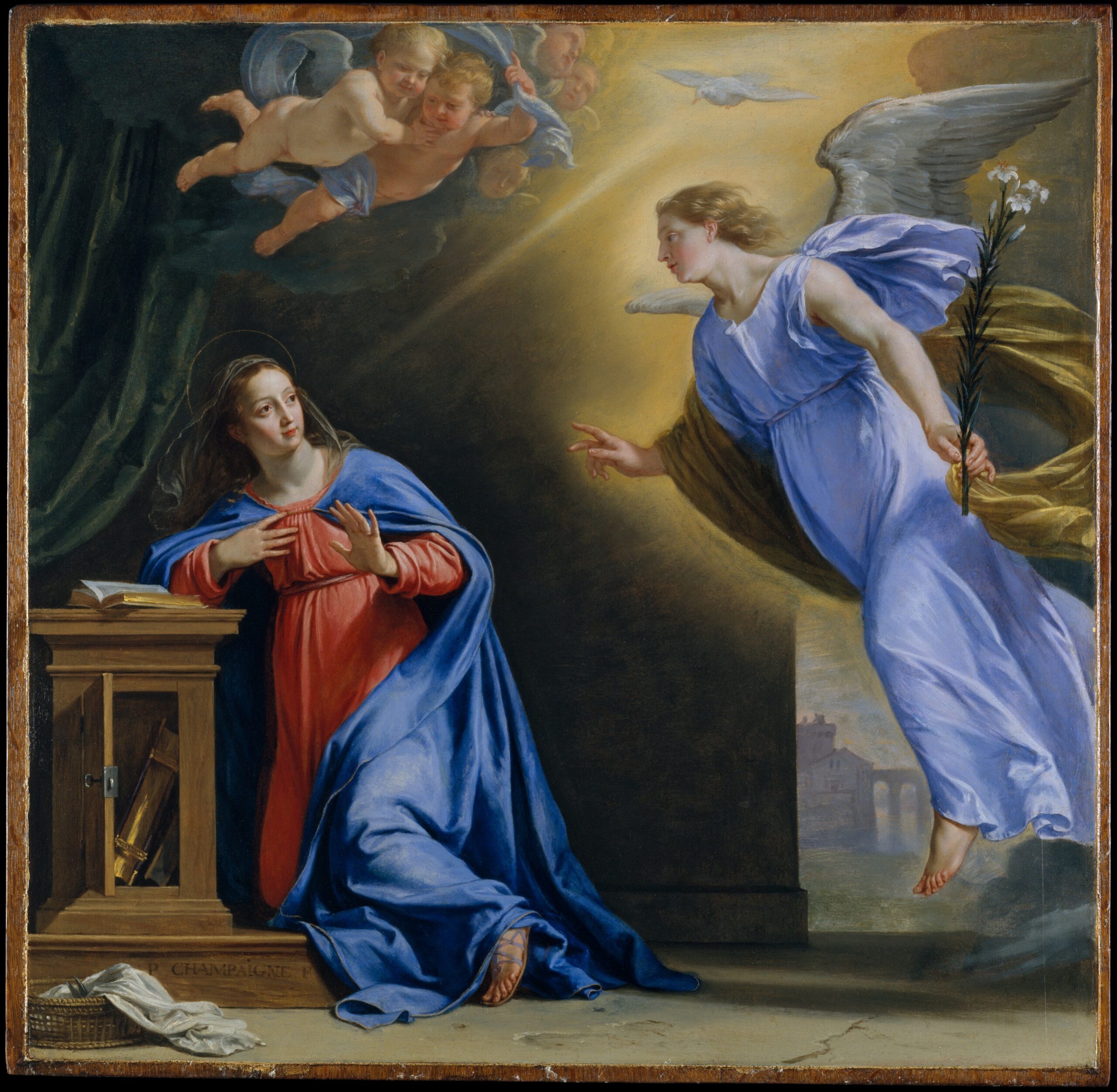
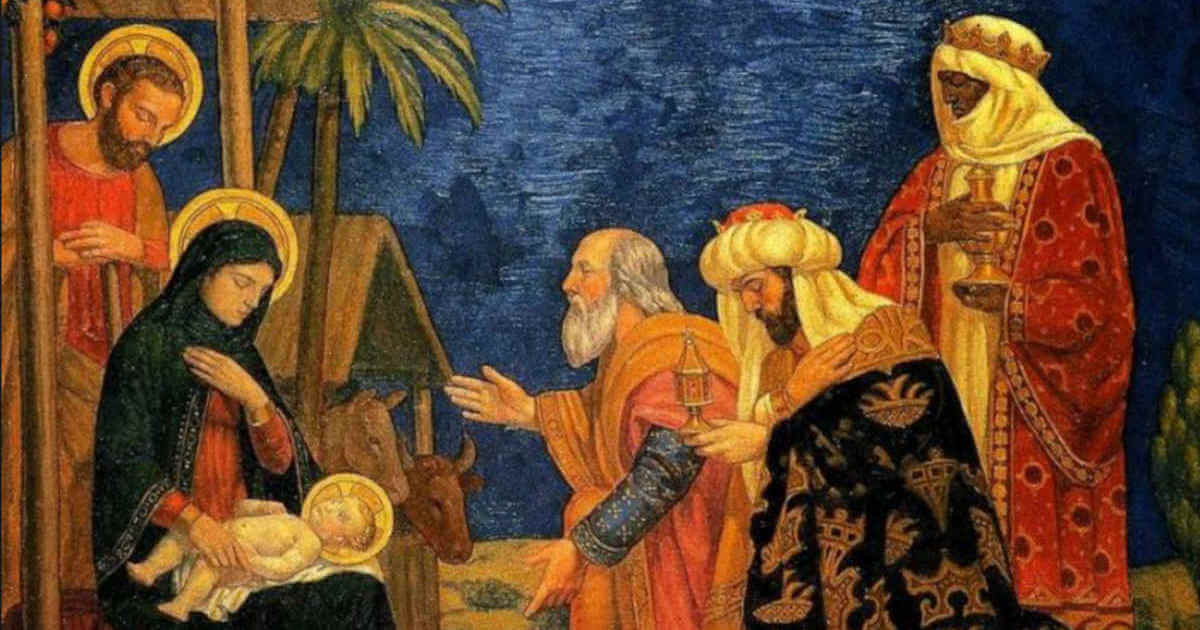
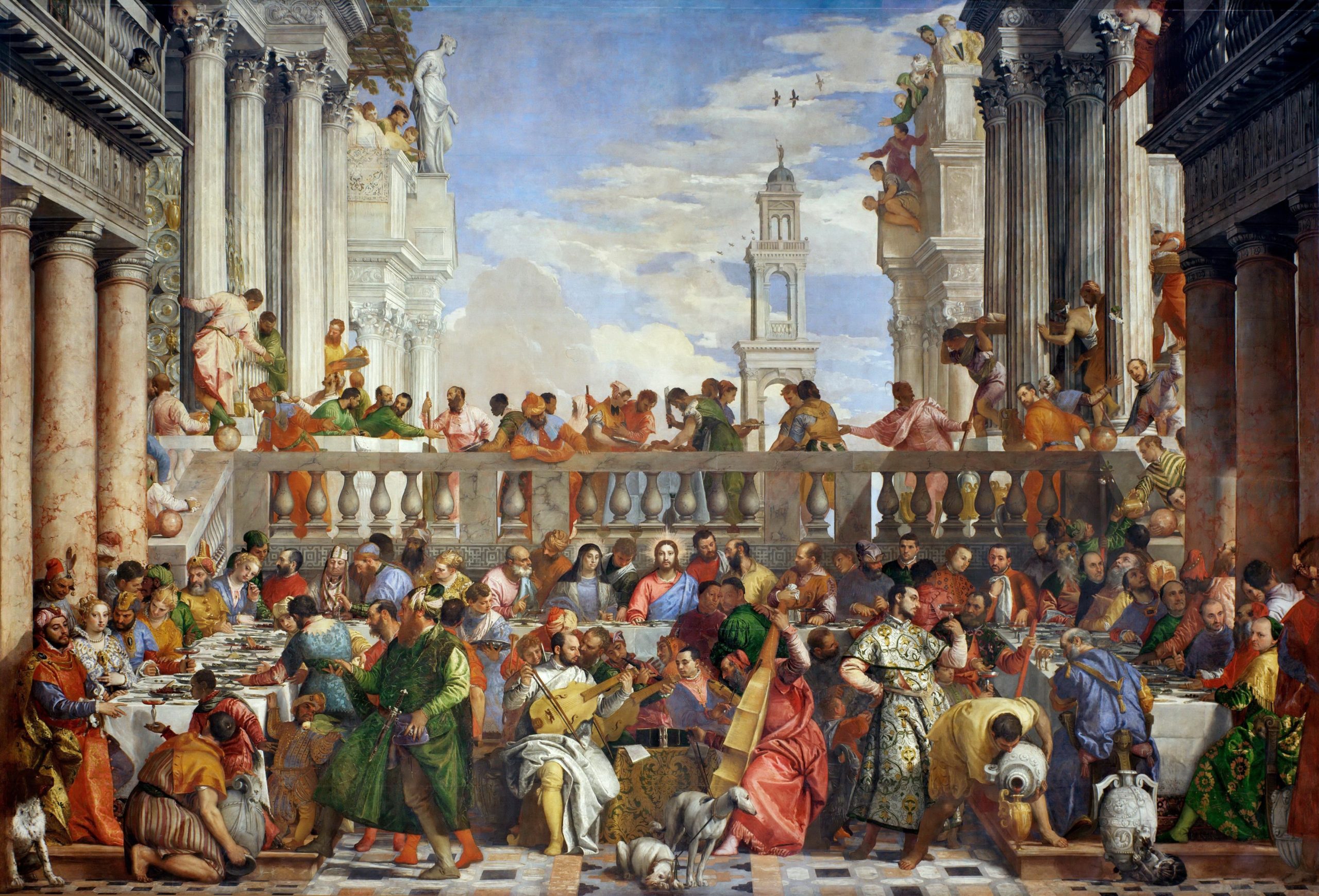
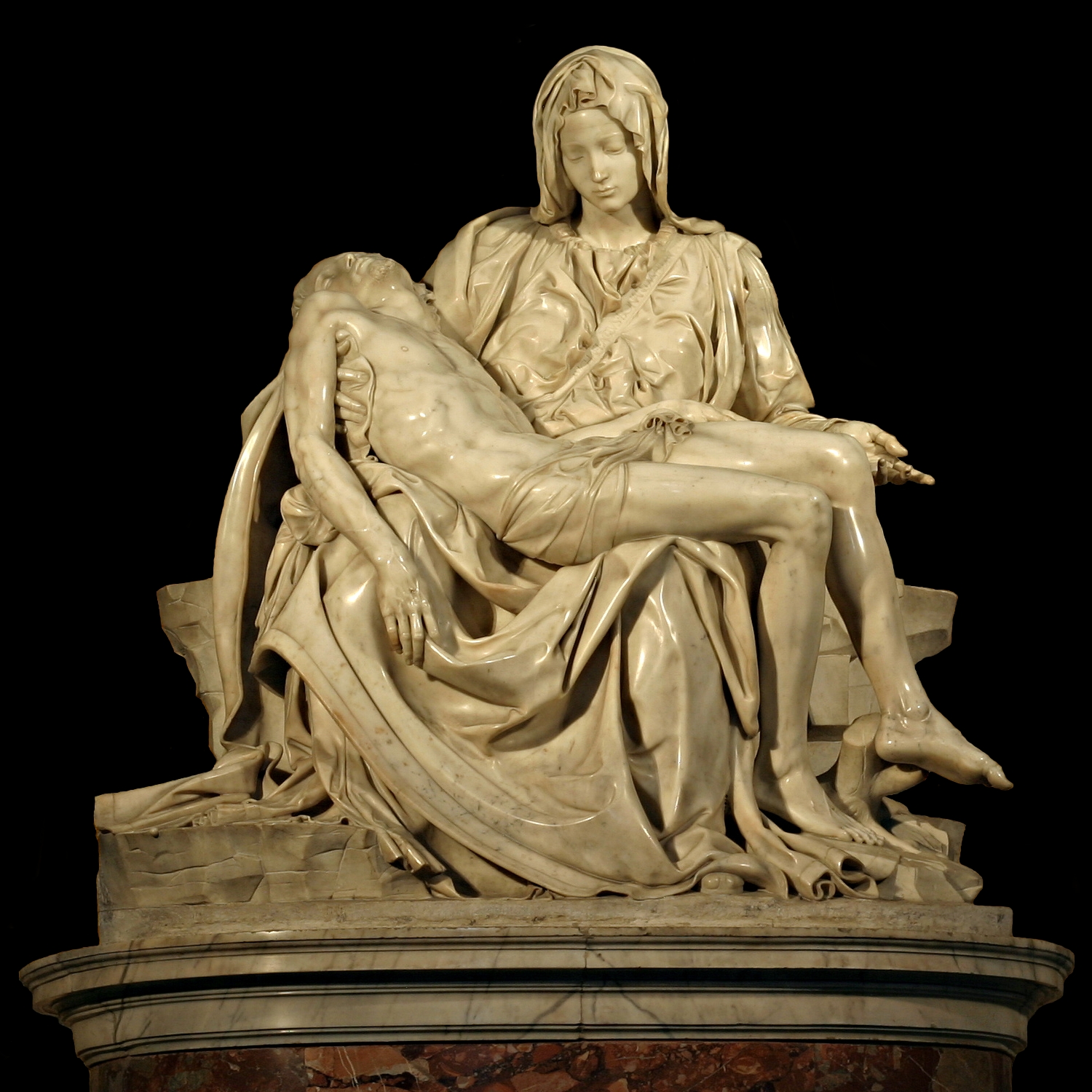

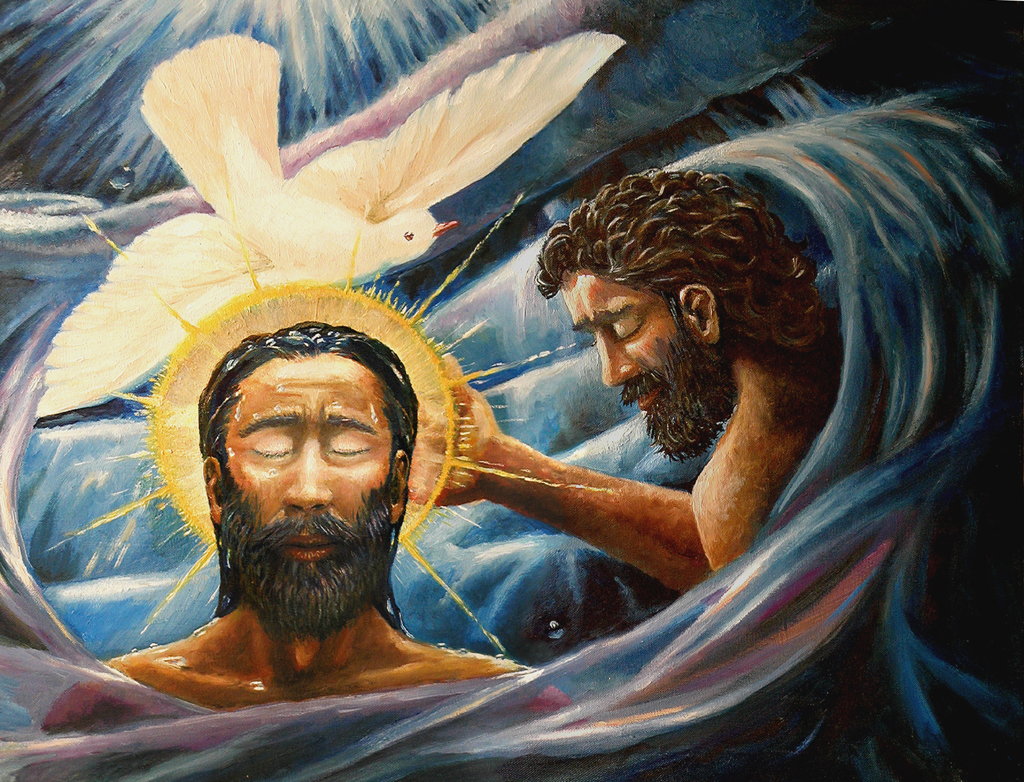
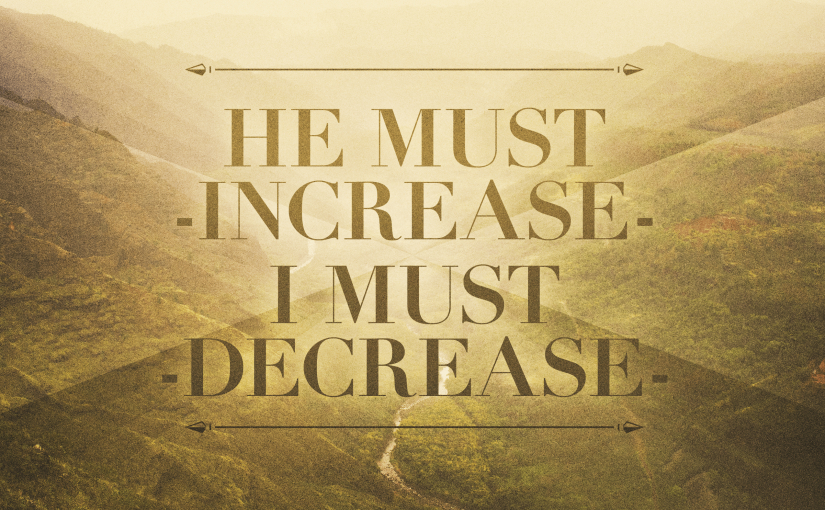
You must be logged in to post a comment.